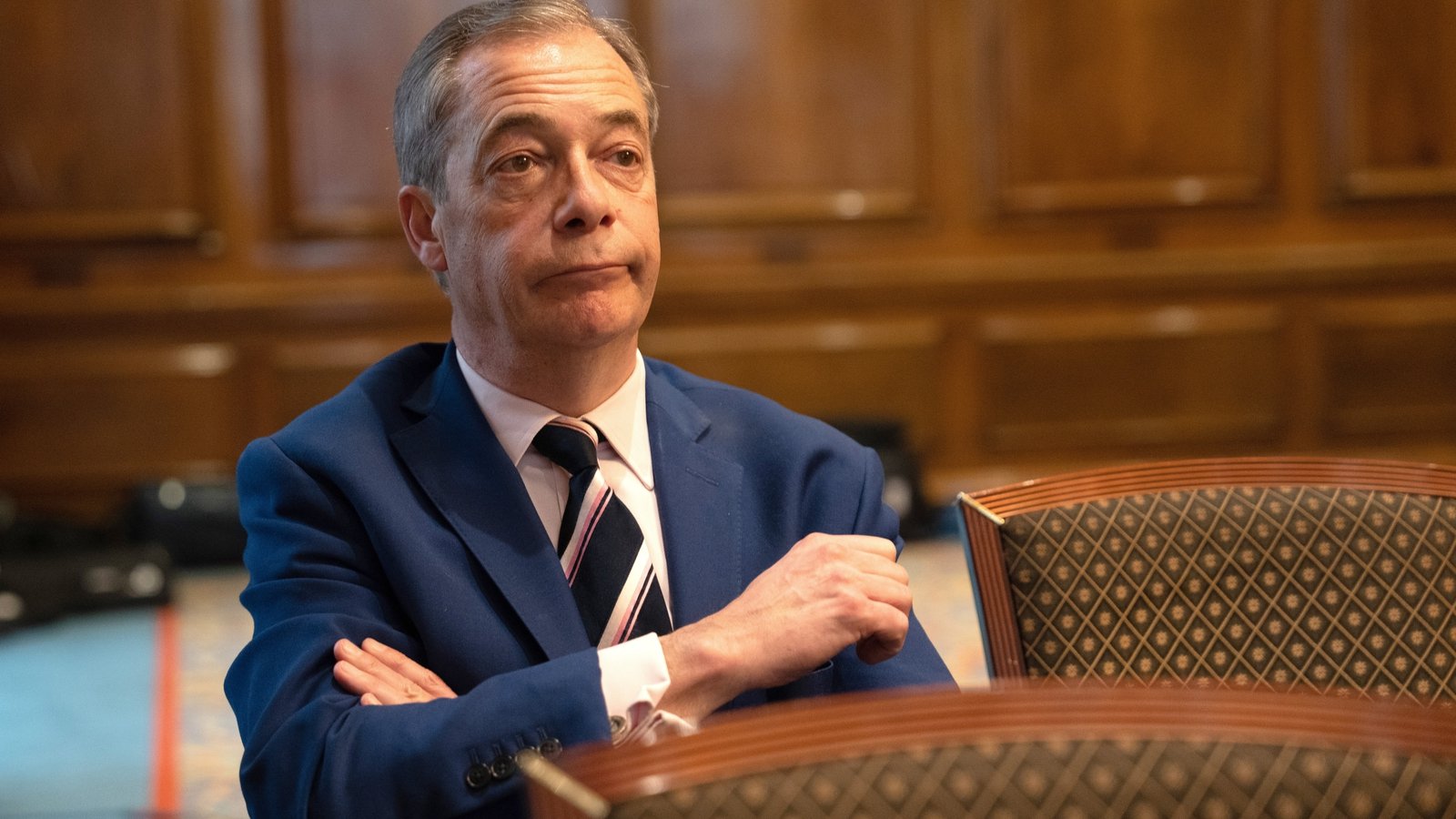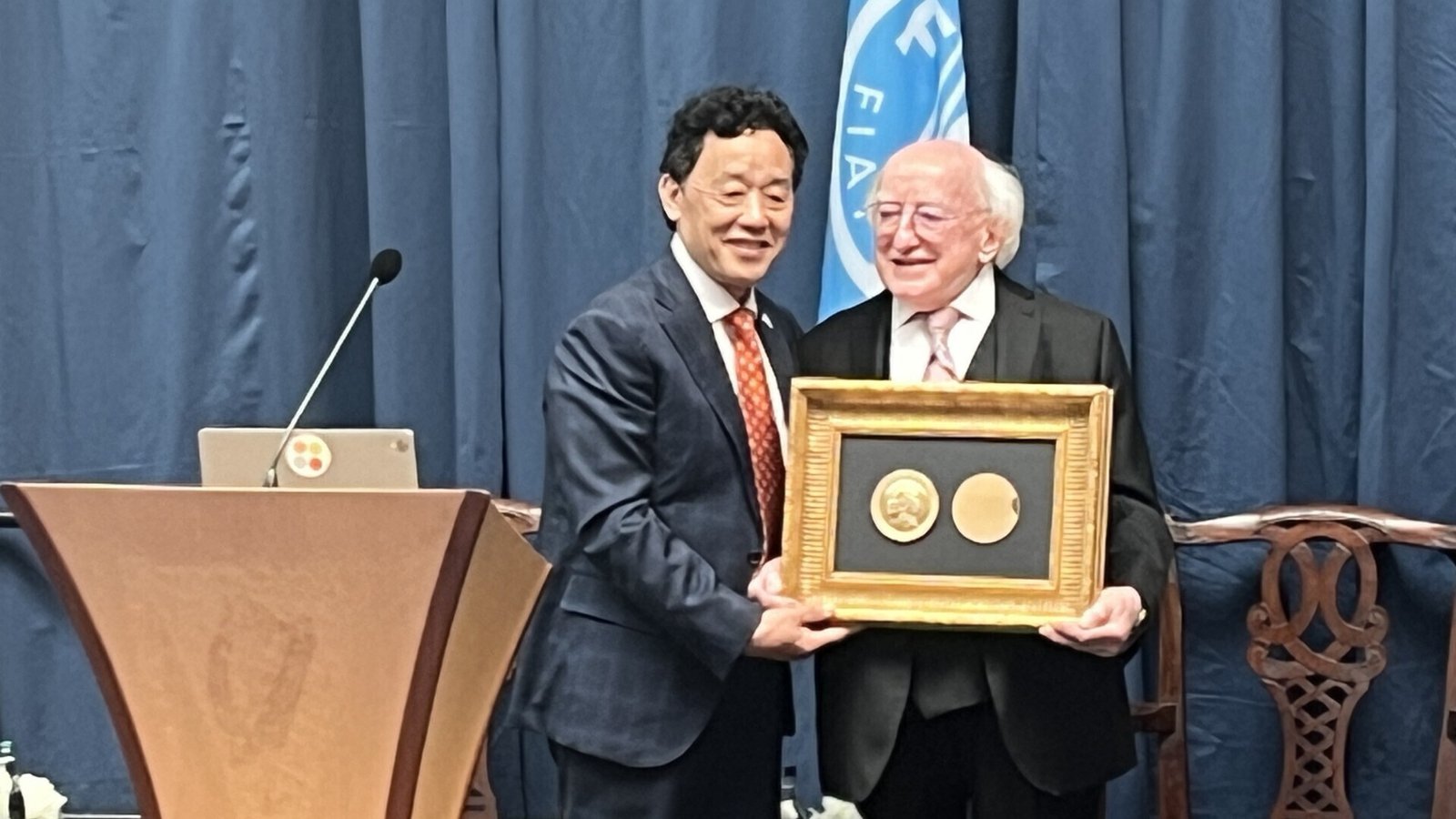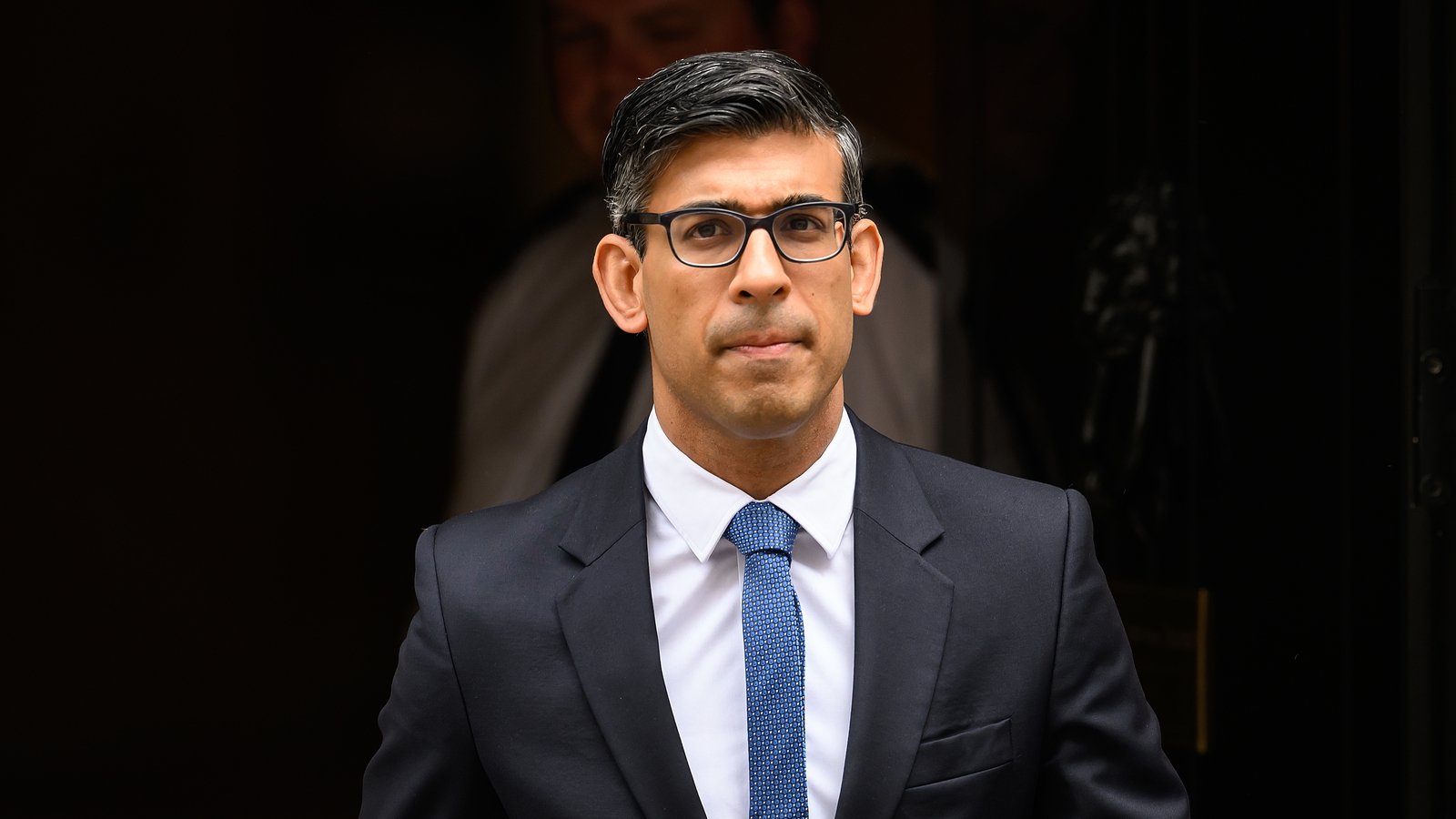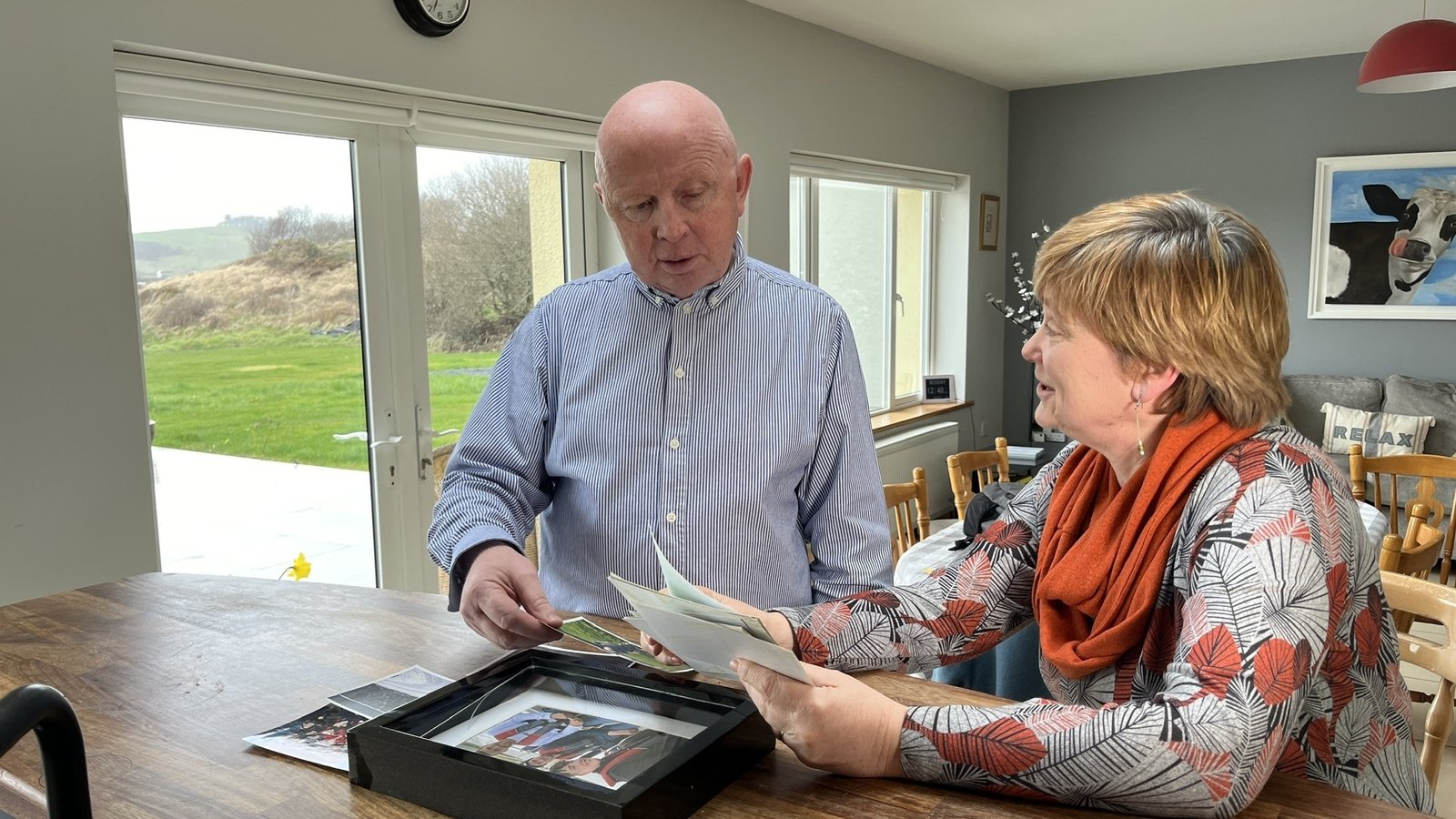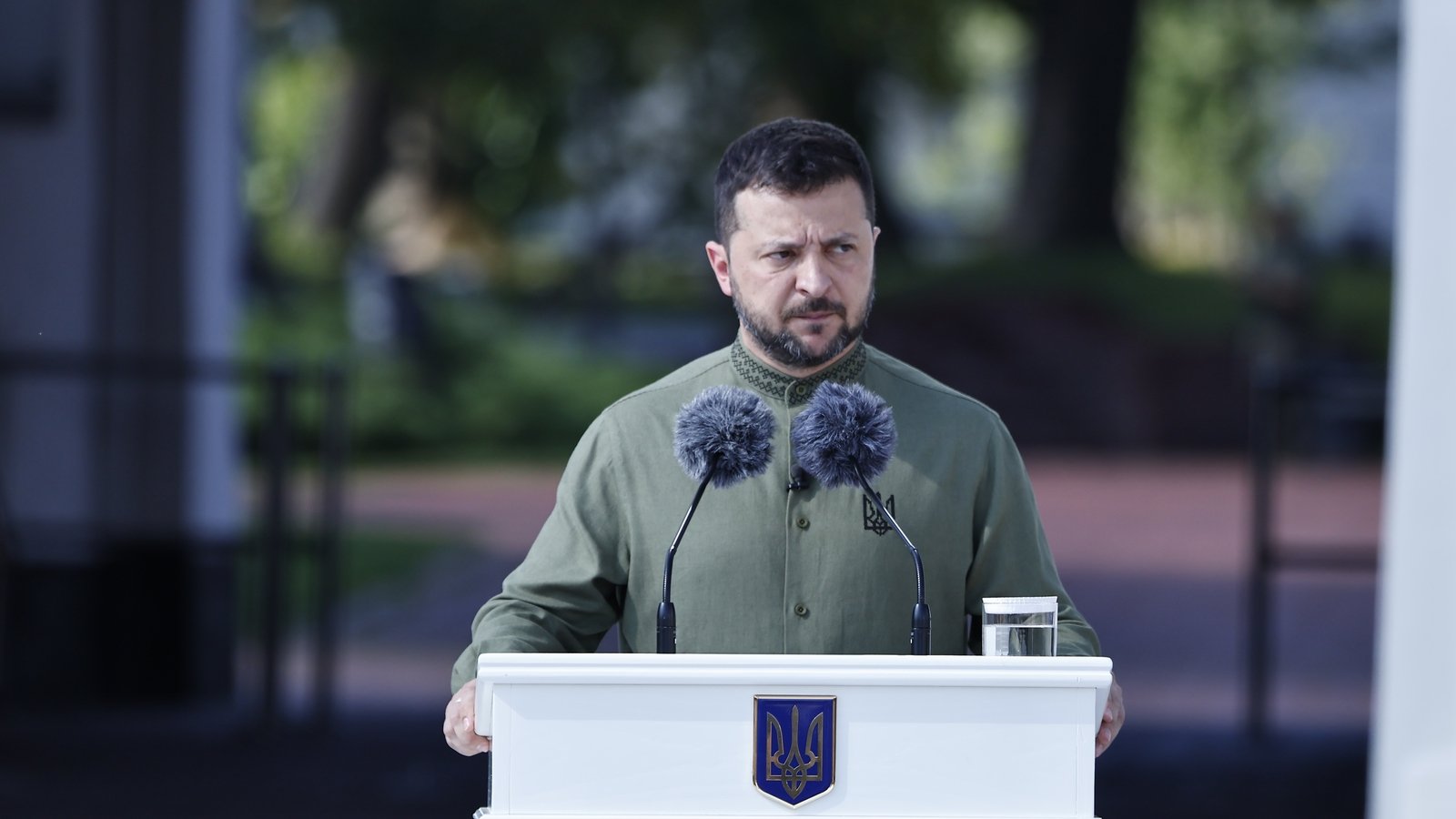‘Russia needs you’ – Putin to seek re-election in 2024
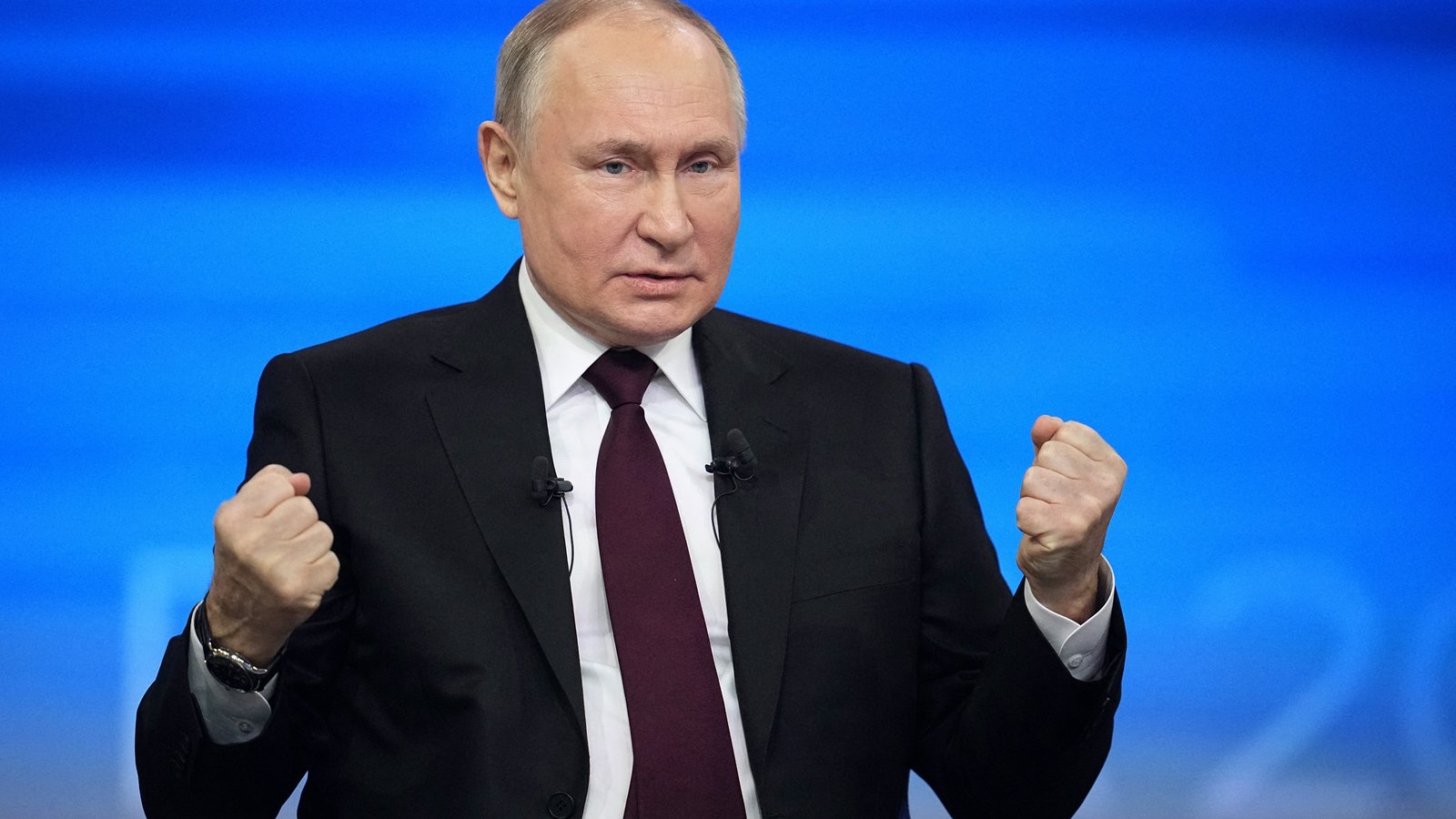
When the announcement came, it was not a surprise, but it was low key.
The confirmation from Russian President Vladimir Putin that he would be running as a candidate in the upcoming Russian elections was made at an event in the Grand Kremlin Palace to honour Russian soldiers who had fought in Ukraine.
There was no major fanfare, rather a slightly muffled exchange between Mr Putin and Artyom Zhoga, a senior Russian soldier who told Mr Putin: “We need you. Russia needs you.”
Mr Putin’s response was not just to thank Commander Zhoga for his kind words, but to share what was perhaps the world’s worst kept secret and confirm that the current Russian President also wants to be the next Russian President.
It was particularly fitting that the announcement came at an event related to those serving in the war in Ukraine, as that war, or “special military operation” as Mr Putin prefers to call it, will run through every aspect of the election.
In power in Russia in some form since 1999, Mr Putin is arguably at the most pivotal point in his decades long reign, with his decision to invade Ukraine now at the heart of his present and his future, as he looks to stay in power until 2030.
That Mr Putin would run again has been obvious since a vote on a constitutional change in 2020 removed a ban on a president holding power for more than two consecutive terms.
Once that hurdle was cleared, the rest seemed inevitable. As indeed does the result of the vote next March.
Years of cultivating his position at the heart of Russian politics means there are no major alternatives to the current leader.
Many times Mr Putin’s opponents are jailed. Others leave Russia, or die, or sometimes both.
The death of his former ally Yevgeny Prigozhin in a plane crash in August, just weeks after Mr Prigozhin had led an attempted coup, saw off another possible successor.
President Putin does not cultivate any political heirs, and with almost no mainstream dissent a Presidential win looks like a foregone conclusion.
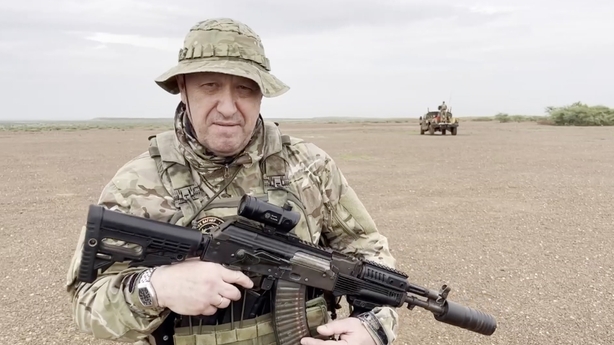
Supporters of the former KGB officer would say that after over two decades in power his strong leadership has restored Russia on the world stage.
That is a key theme to which Mr Putin returns time and again, as he expresses the desire to see Russian “sovereignty” strengthened.
For the 71-year-old leader Ukraine plays a large part in that, as he pledges to continue fighting for the “de-Nazification” and “de-militarisation” of Ukraine.
Much has changed for President Putin and the world in the two years since the Ukraine war began.
Perhaps emboldened by a growing sense of ennui from some of Ukraine’s allies with the ongoing effort and cost of the war, Mr Putin re-instated his major address to the public and media in December, rolling what had been two events into one.
Last year the event didn’t happen, amidst speculation that the Russian President was less than keen to discuss a war in Ukraine which had not concluded swiftly and successfully, as initially envisaged in Moscow.
But as another major conflict, this time in the Middle East, dominates the agenda as one year ends and another begins, the geopolitical landscape now looks very different.
Indeed, as Nikita Smagin of the Russian International Affairs Council writes for the Carnegie Endowment for International Peace, the events in Gaza may have served to convince Mr Putin that his “foreign policy in recent years has been the right one”.
“The Global South no longer trusts the West, and that means new opportunities for Moscow”
The fact that Ukraine has been pushed further down the international agenda will be welcomed by the Kremlin, but also Nikita Smagin writes the Israel-Hamas war will have strengthened Moscow’s belief “that the Western-centric system of international relations is breaking down”.
“The Middle East conflict confirms the hypothesis that Russia cannot be isolated,” Smagin suggests, adding that “the Global South no longer trusts the West, and that means new opportunities for Moscow”.
In addition, the year ahead could bring other significant changes, particularly in the US elections.
A return to a Trump White House could also bring opportunity for Vladimir Putin, with Donald Trump regularly expressing his admiration for the Russian leader.
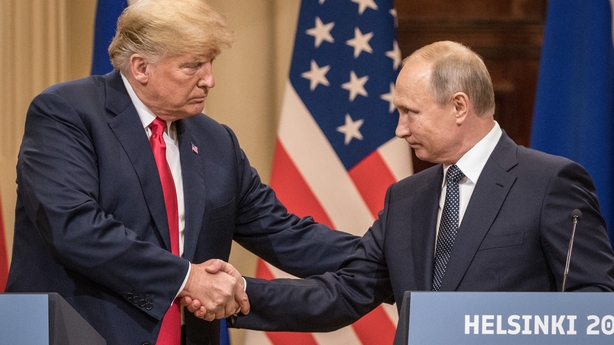
All told, as Vladimir Putin stands on the cusp of a new election year, he has more to feel good about than last year.
But the events of recent weeks in relation to Ukraine only underscore the speed with which events can change.
The decision in December by the EU to greenlight EU accession talks for Kyiv took everyone by surprise, as Brussels had expected Hungary to block any move to forward plans for possible Ukrainian EU membership.
Despite the undoubted uncertainty of what the year ahead will bring, Mr Putin is unlikely to feel his position has become any more assailable as he heads into yet another election year.

